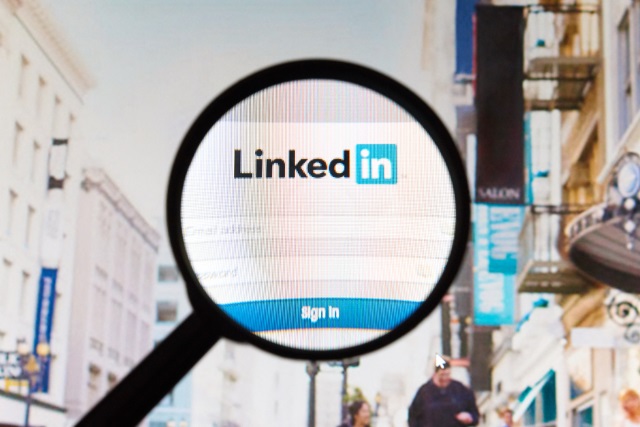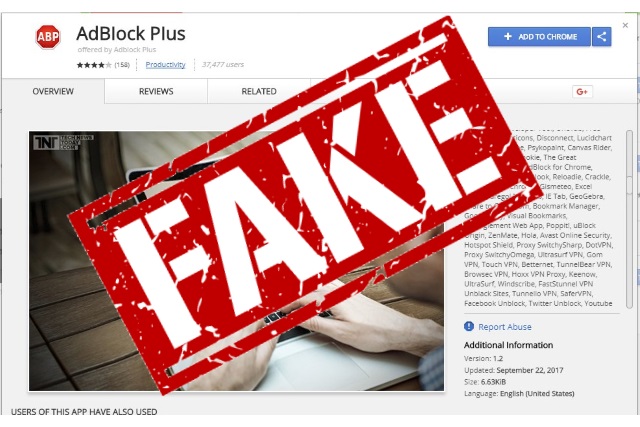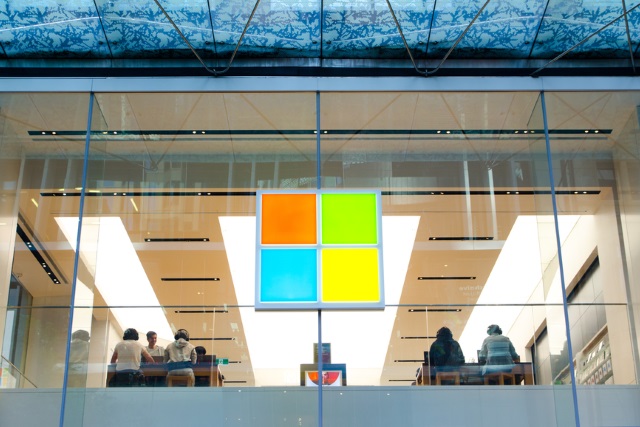
Google bans most Android apps from displaying lockscreen ads
It is near impossible to avoid ads these days, but Google has just introduced a new policy that makes at least one area of your smartphone a safe haven.
The new policy means that most apps will no longer be permitted to display ads on the lockscreen. But while this is something that will please Android users, it's not something that the company has really trumpeted.
Facebook outlines its advertising policies, begging users to believe their privacy is respected
Facebook is accustomed to criticism, and it's no different when it comes to advertising. There's been a lot of talk about advertising on the social network recently, not least because of concerns about Russian ads being used to influence the outcome of the US election.
In its latest attempt to calm fears that may have built up around its advertising platform, Facebook has today set out its advertising principles. This sees the company explaining the ethics behind ads, as well as seeking to reassure users that their privacy is protected and respected at all times.

UK broadband companies banned from advertising misleading top speeds
The advertising of broadband services has long been fraught with complaints and controversy, but a new rule change should help to bring this to an end.
Following an investigation by the Advertising Standards Authority (ASA), ISPs will no longer be able to advertise high "up to" speeds. Instead they will have to advertise the average speed achieved by at least 50 percent of customers at peak times. Previously, the rules permitted the advertising of headline speeds enjoyed by just 10 percent of people, and the ASA found that many broadband customers were disappointed with their connection speed.

New self-service tool helps unlock customer data across ad platforms
Advertising via platforms like Google and Facebook is popular, but any insights gained from using these services are difficult to apply elsewhere.
Identity management company Drawbridge is launching a new Self Service Graph dashboard that gives marketers transparency into their cross-device data by letting them tap into the service, without requiring any engineering on the client side.

Transparency: Facebook to force political ads to disclose funding sources
Ads on Facebook have been something of a controversial subject for some time now -- particularly with suggestions of Russian attempts to influence the outcome of the US presidential election. In its latest attempt to have a more transparent ad platform, the social network has announced a series of measures that will help people understand more about advertising.
All ads -- not just political ones -- are to be subject to extra transparency, with a new View Ads link making it possible to view all the ads a particular advertiser has placed. Political advertiser will face more stringent requirement. They must not only verify their identity, but also publicly disclose the source of funding for their ads.

LinkedIn is testing autoplaying video ads
Looking for new ways to make money out of its professional social network LinkedIn, Microsoft is testing video advertisements. Currently in closed beta testing, video advertising is available to "a limited number of advertisers" and it may well prove unpopular with LinkedIn users.
Following a well-worn path set out by the likes of Google, Facebook and others, the video ads will autoplay. The one saving grace is that videos will play without sound, but this is unlikely to be enough to prevent them from quickly becoming an irritant.

Twitter not only changes its mind about 'inflammatory' ad, it's going to change its policies too
Twitter was accused of censorship after banning an "inflammatory" ad campaign by Tennessee Rep. Marsha Blackburn. But just one day after implementing the ban, the company has backed down, saying the video -- which sees Blackburn talking about fighting to stop "the sale of baby body parts" -- can be promoted on Twitter.
Despite maintaining its belief that the video contains inflammatory language, Twitter now says that it is permissible within the context of the ad. Furthermore, the company says that it will "refine" its policies around the issue.

PornHub users hit by sustained, targeted malvertising campaign
Millions of PornHub users in the US, UK, Canada and Australia were targeted by a malicious advertising campaign lasting for more than a year. The malvertising attack tried to trick users of the world's most popular porn site into installing fake browser updates.
Security researchers from Proofpoint found that PornHub users had been exposed to Kovter ad fraud malware for over a year. The KovCoreG group is believed to be responsible for distributing the Kovter ad fraud malware, so if you've visited PornHub recently, it might be a good idea to check your system for signs of infection.

Fake Adblock Plus extension fools thousands of Chrome users
The proliferation of online ads means that more and more people are turning to ad blockers, and Adblock Plus remains one of the most popular. Taking advantage of this, fraudulent developers pushed a fake version of the Adblock Plus extension into the Chrome Web Store, bypassing Google's checks and filters.
In all, 37,000 people were tricked into downloading the fake version of Adblock Plus. Google has now acted and removed the fake listing from the store.

Facebook to manually review ads that target people based on 'politics, religion, ethnicity or social issues'
Advertisers are to face increased scrutiny from Facebook as the social network attempts to clamp down on questionable and controversial ads. The move comes in the wake of the revelation that 10 million Americans saw ads during the run up to the election that had been bought by Russia.
In an email to advertisers, Facebook says that any ads that target people based on "politics, religion, ethnicity or social issues" will be subject to a manual review process.

Adblock Plus introduces a new way to block ads on Facebook
Facebook -- like many companies who exist solely online -- is highly reliant on ad revenue. As such, it goes to great lengths to outwit ad-blocking tools that seek to rob it of income by giving users a more enjoyable experience.
Adblock Plus is a well-known name in this field, having already had something of a back-and-forth with the social network as Facebook took steps to block adblockers. But now Adblock Plus has a new filter available to block ads on Facebook -- and improve privacy -- and it says it is more resilient than ever.

Facebook ads can target you based on your real-world store visits
That your online activities influence the ads you see on Facebook and other websites is well known. But now Facebook has developed tools that makes it possible to track your location in the real world to determine which stores you visit and then use this information to hit you with targeted ads.
The new tools work for users who allow the Facebook app to access their location. The social network and advertisers are making profitable use of this valuable information.

Facebook overhauls rules governing political ads
As well as handing over Russian ads to Congress to allow for investigation into election interference, Facebook is also overhauling its rules for political ads. Dmitry Peskov, a spokesman for the Kremlin, claims that: "We do not know how to place an advert on Facebook. We have never done this, and the Russian side has never been involved in it" -- but there is still a firm belief that Russia tried to influence the outcome of the election.
In a bid to prevent this from happening in the future, Facebook has announced a series of updates to its policies governing political advertising. Part of the changes are increases in transparency, making it possible for people to see what ads are being run by advertisers, and how they are being targeted.

Facebook to share Russian election-era ads with Congress -- but won't make them public
Facebook is to provide Congress with 3,000 advertisements taken out by Russians in the run-up to the 2016 US election. The social media giant says that it is "actively working" with the government in its investigation into Russian interference into the election.
Earlier in the month it was revealed that a group operating out of Russia had taken out $100,000 worth of advertising with a "focus on amplifying divisive social and political messages across the ideological spectrum." But while Facebook is willing to share the ads with Congress, they are not going to be made public.

Microsoft joins the Coalition for Better Ads
Microsoft has become the latest member of the Coalition for Better Ads (CBA). The group works with technology companies and trade organizations to help develop an ad ecosystem that works for advertisers without compromising the experience of internet users.
In taking up membership of the CBA, Microsoft is joining Google who has already worked with the organization to develop a selective ad blocker for Chrome due for release next year. Microsoft is also looking to introduce ad blocking into Edge, but the blocker would only discriminate against ads deemed unacceptable by the CBA.
